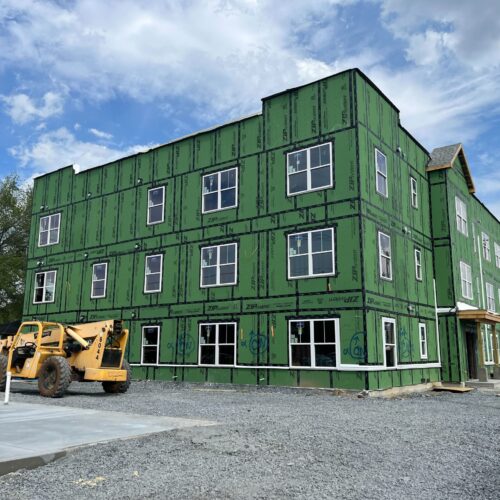Improving Responses to People with Mental Illnesses at the Pretrial Stage: Essential Elements
The period between a person's arrest and his or her case being adjudicated presents a significant opportunity to safely minimize future criminal justice involvement and make needed connections to behavioral health care. Nationally, about 17 percent of people entering jails pretrial meet criteria for a serious mental illness. In addition, about three-quarters of people with serious mental illnesses in jails have a co-occurring substance use disorder. These are individuals who, by and large, are eligible to receive publicly funded health care. Many communities have found ways to make effective connections to treatment for some individuals as part of pretrial release or diversion programs, but policymakers and practitioners continue to struggle to identify and implement research-based policies and practices at this stage of the criminal justice system.
This report introduces essential elements for responding to people with mental illnesses at the pretrial stage, including decisions about pretrial release and diversion. These elements encourage data collection not only to help individual communities, but also for future researchers who are dedicated to these important questions. Read the executive summary.
 Zero Returns to Homelessness Initiative Launches Nationally, with Pennsylvania Leading the Way
Read More
Zero Returns to Homelessness Initiative Launches Nationally, with Pennsylvania Leading the Way
Read More
 New Hampshire Continues Justice Reinvestment Effort to Improve Conditions for People Who Are High Utilizers of Criminal Justice and Behavioral Health Systems
Read More
New Hampshire Continues Justice Reinvestment Effort to Improve Conditions for People Who Are High Utilizers of Criminal Justice and Behavioral Health Systems
Read More














